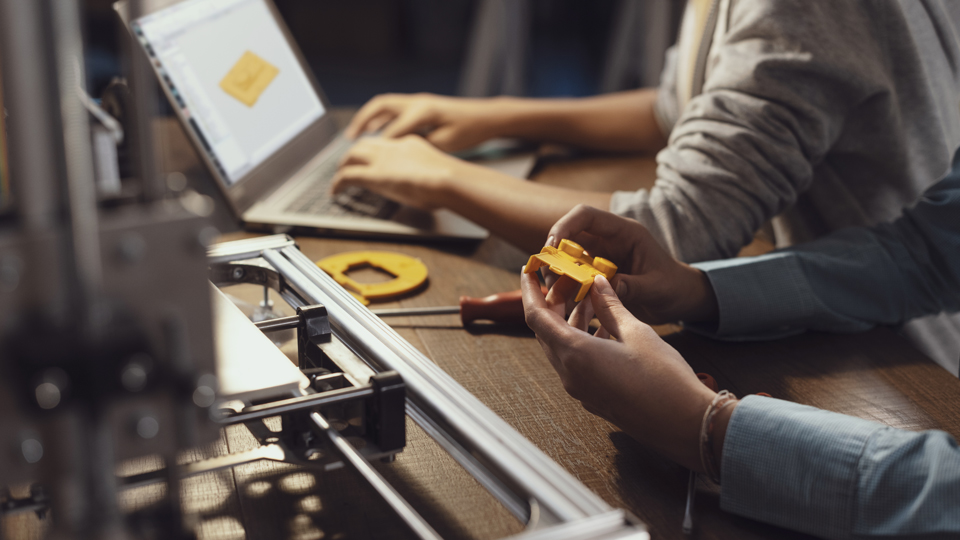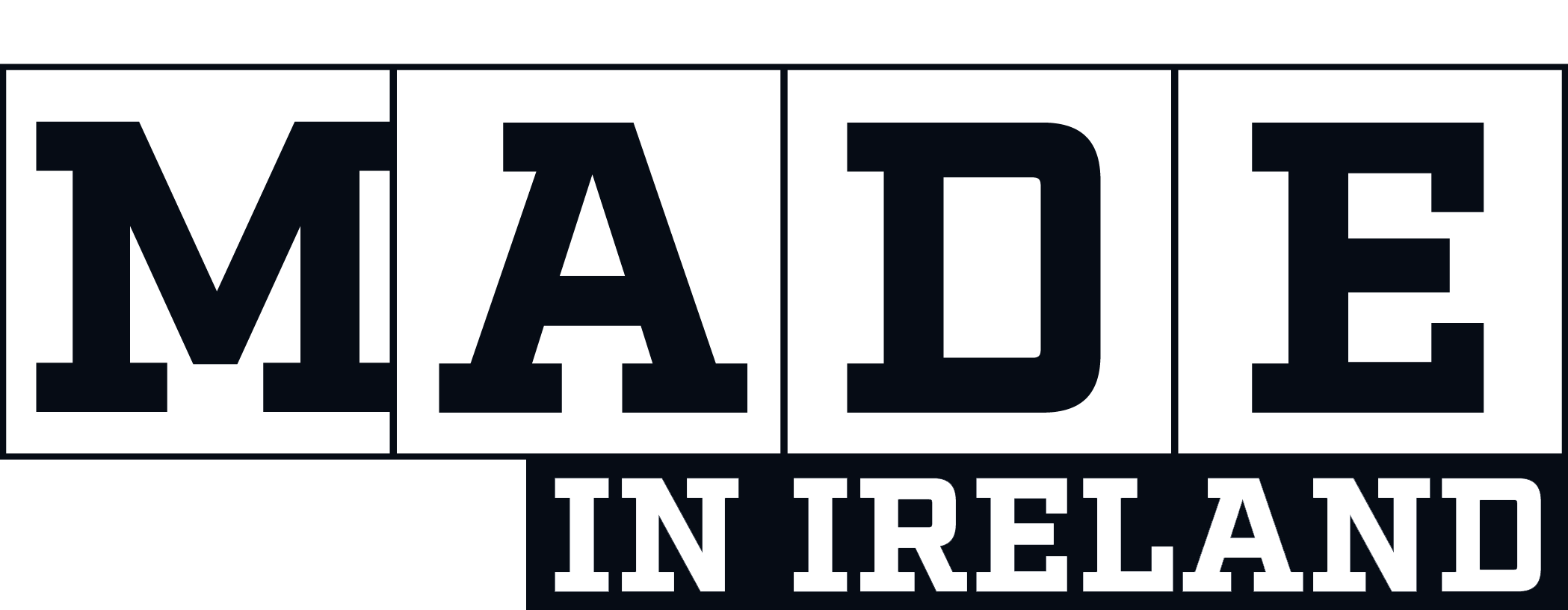The engineering landscape is on the brink of a revolutionary transformation, propelled by the advancements of artificial intelligence in manufacturing. In 2025, AI will be firmly entrenched in the fabric of engineering, fundamentally altering how professionals conceptualise, design, and deliver innovative products. While many have already tapped into AI's potential through everyday tools like smart calendars and image generators, the next evolution will see AI seamlessly integrated into engineering-specific tasks. This integration will not only automate tedious processes but also liberate valuable time for creativity and innovation.
This shift goes beyond mere convenience; it's a crucial step toward achieving unparalleled sustainability, efficiency, and resilience in an ever-evolving industrial landscape. For engineers, embracing AI is not just a strategic advantage—it's an essential imperative for remaining relevant and competitive in a rapidly changing market.
The Role of AI in Modern Engineering
In an era of rapid technological advancement, engineers have the incredible opportunity to adapt and excel. AI empowers them by automating essential tasks like data analysis, simulations, and part cost estimations, enabling a focus on higher-level problem-solving and sparking innovation.
AI-driven tools propel design processes, optimise resource allocation, and enhance accuracy in projects. Additionally, predictive maintenance minimise downtime, elevating equipment reliability. By embracing AI, engineers not only elevate their productivity but also play a vital role in crafting advanced, sustainable engineering solutions, amplifying the impact of their invaluable expertise in the businesses they work.
Addressing Manufacturing Challenges with AI-Powered Platforms
The modern industrial landscape is fiercely competitive, demanding continuous optimisation of production processes. Long prototype development cycles, high production costs, and limited customisation flexibility are obstacles engineers regularly face and can hold back project progress. Supply chain bottlenecks, material sourcing difficulties, and capacity constraints may also complicate matters.
AI-powered manufacturing platforms provide a robust solution to these challenges, empowering engineers to navigate complexities with agility and precision, ultimately improving their overall project efficiency.
Building Your Big Ideas With Xometry UK:
What is an AI-powered Manufacturing Platform
AI-powered manufacturing platforms are a two-sided digital marketplace that connects engineers, product designers, and purchasers, who need custom-manufactured parts, with manufacturing capacity in the UK, Europe, and globally. Engineers can instantly access a world-class vetted supply chain and leverage AI-driven instant quoting to source their complex parts across dozens of manufacturing technologies and hundreds of materials and finishes.

7 Ways AI-Powered Manufacturing is Transforming Engineering:
1.Optimised Production Processes: AI-powered platforms streamline workflows, automating part sourcing and enhancing project management. This results in increased efficiency and reduced lead times.
2.Cost Reduction through Intelligent Resource Management: By leveraging AI for precise planning and resource allocation, engineers can minimise material, labor, and machinery costs. AI-driven instant pricing provides accurate cost estimations, enabling informed decision-making.
3.Enhanced Flexibility and Adaptability: AI-powered platforms can swiftly adapt to changing requirements, accommodating both single-part production and high-volume manufacturing. This flexibility enables engineers to respond effectively to customer needs.
4.Improved Product Quality through AI-Driven Feedback: AI-powered platforms can detect and rectify design flaws early in the process through Design for Manufacturability (DFM) feedback, ensuring higher product quality and reducing costly errors.
5.Accelerated Innovation: By automating mundane tasks, AI frees engineers to focus on creative problem-solving and innovation. This fosters a culture of continuous improvement and drives the development of cutting-edge solutions.
6.Reduced Time-to-Market: In a fast-paced market, speed is crucial. AI-powered platforms streamline product development, accelerating the journey from prototype to production. This enables engineers to bring products to market faster, gaining a competitive edge.
7.Expanded Manufacturing Capabilities: AI-powered platforms offer access to a wide range of manufacturing technologies, including injection molding, industrial 3D printing, and CNC machining. This empowers engineers to realise their designs, from prototype to high-volume production, with ease.
The Future of Engineering with AI
AI-powered manufacturing platforms are transforming engineering by optimising production, reducing costs, and enhancing product quality. By automating tasks and providing access to advanced technologies, these platforms empower engineers to innovate faster and more efficiently, ultimately strengthening their market position. Companies like Xometry are leading this transformation, enabling seamless transitions from prototype to mass production and shaping the future of industrial innovation.










